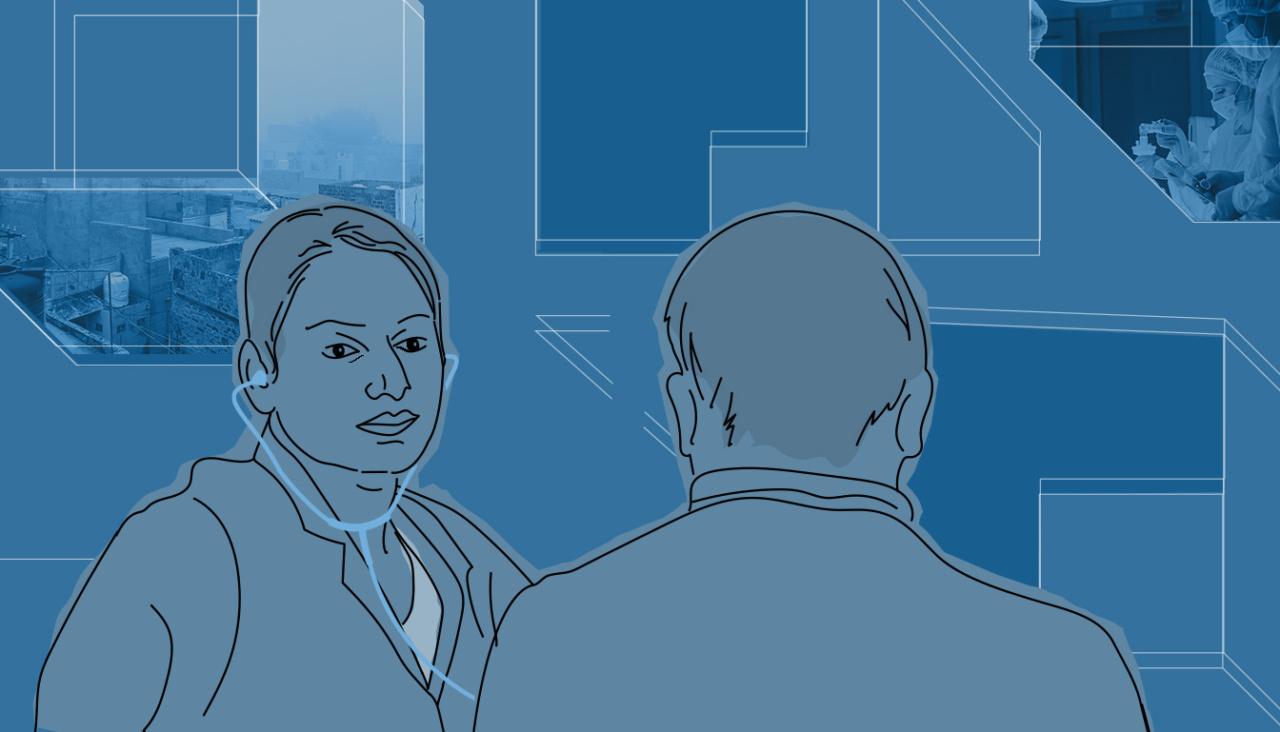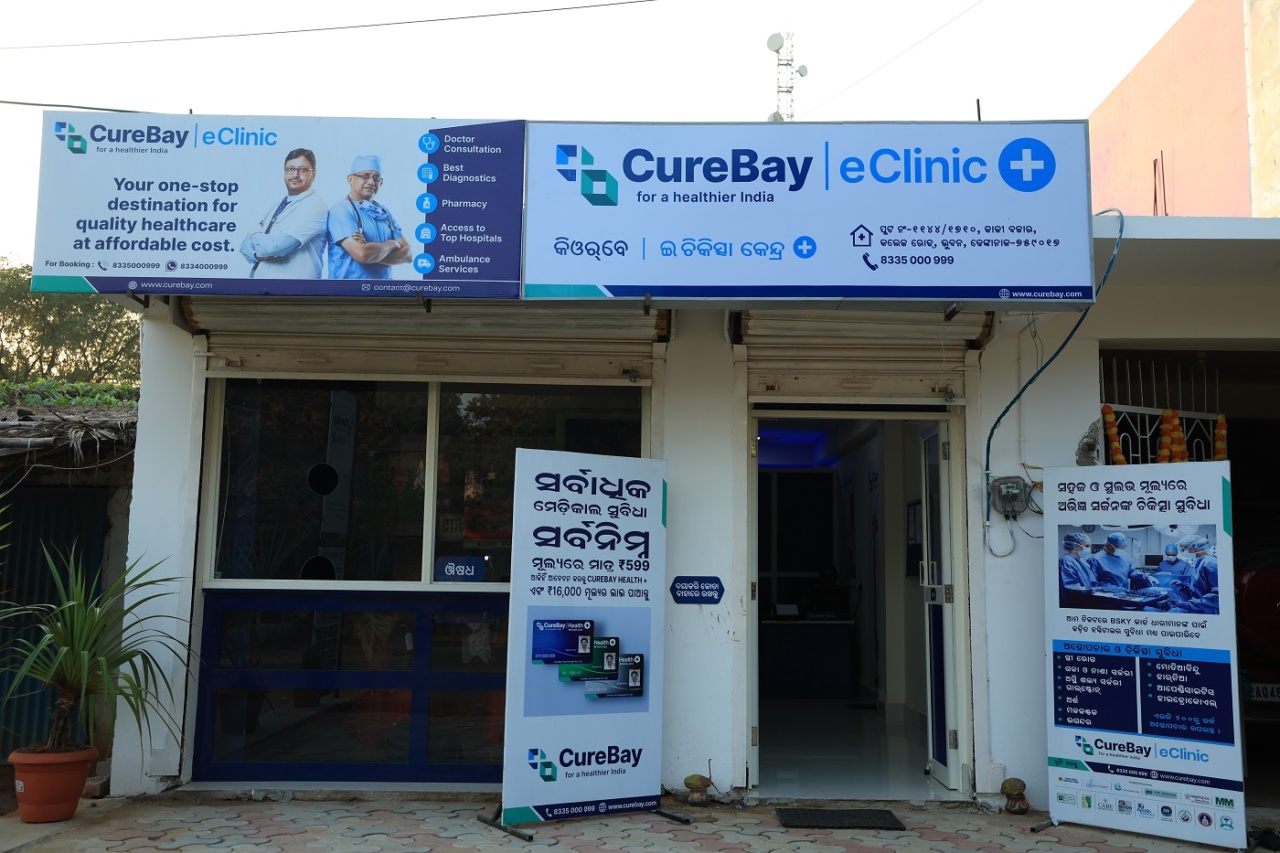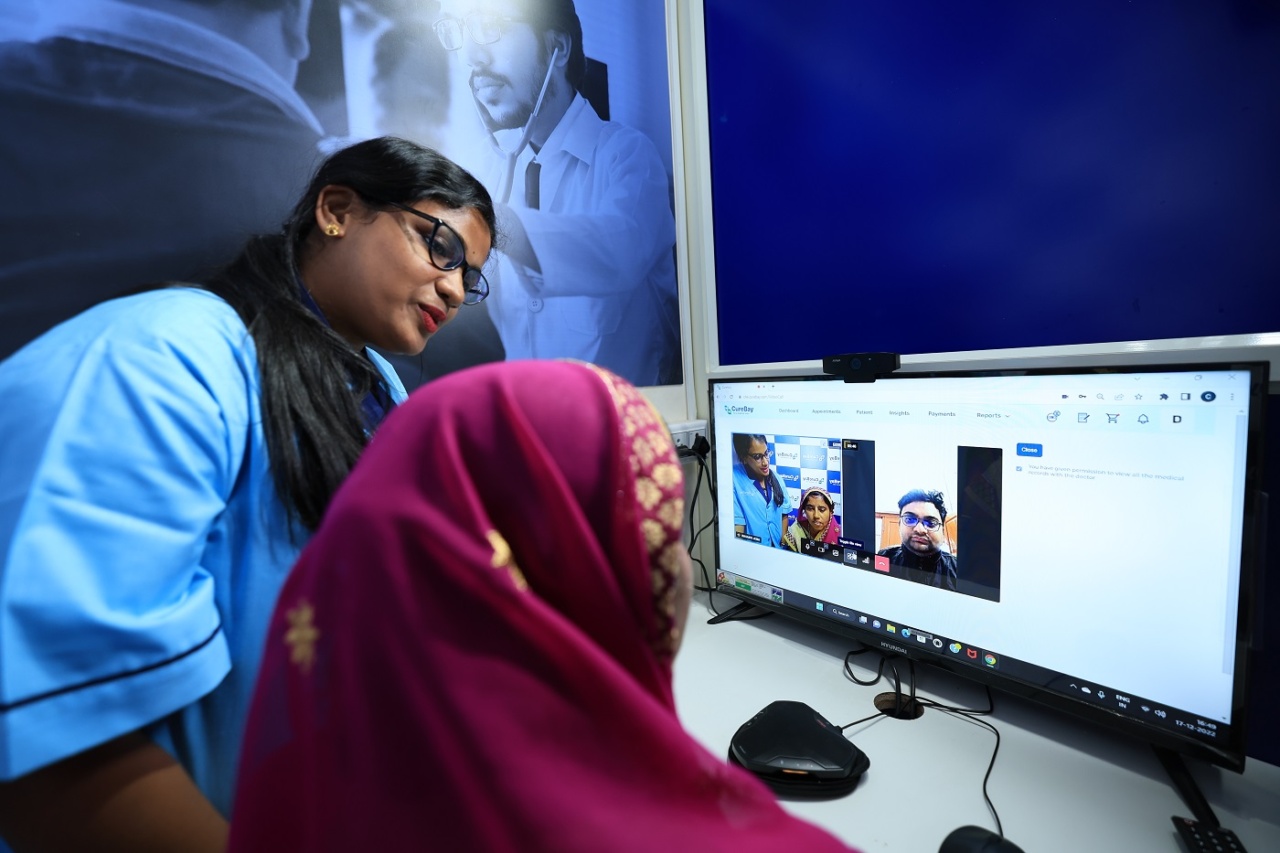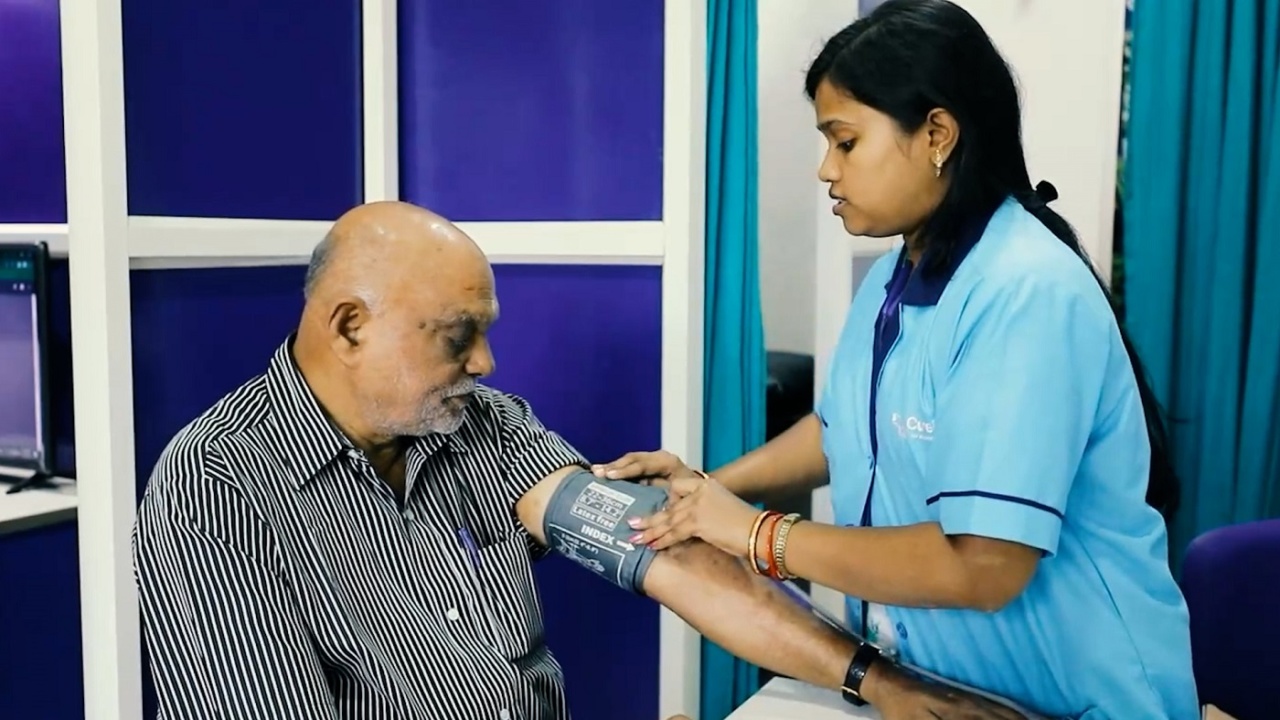Team Elevar

At Elevar, we spend significant time on the ground with our customers to keep pace with how their aspirations are evolving. These insights lead to the very few investments we make every year – CureBay is one such investment that had been waiting to happen for a long time.
To understand why we invested in CureBay, let’s get into the mindset and context of a rural household. Picture at least three generations living under a roof, with all adults involved in farming and / or other income generating activities from dawn till dusk. For this household, local access to primary healthcare mostly means an untrained quack or the government PHC (Primary Healthcare Center), where treatment is free of cost but suffers from poor infrastructure and lack of availability of qualified doctors and nurses. Every time a healthcare incident arises for such a family, there is a choice to be made between traveling some distance to the nearest urban center with decent quality healthcare – in the process losing a day or more of income – or going about their daily chores as usual. Needless to say, in non-emergency situations, the latter always wins and doctor visits are postponed for as long as possible. This results in a delay in diagnosis and subsequent treatment, which worsens health outcomes and makes treatment even more expensive. The travel to and from urban medical centers, waiting times, lack of availability of doctors, revisits for testing and consultations etc., can be a draining experience for the patient and attendants, both economically and emotionally. This lack of access to quality local healthcare has been a massive need gap for millions of rural customers for far too long, and they are more than ready and willing to pay for better options.
Over the years, we have seen multiple players attempting to solve this problem through infrastructure and capacity building, partnerships with local governments, extending the reach of urban care to rural areas through periodic consultant visits, diagnosis camps and so on. In most cases, such models failed to scale as they were either capex heavy, reliant on charitable donations or focused on limited aspects of the problem. The advent of telemedicine, spurred by Covid and the Indian government’s approval of remote consultation in 2020, instigated a turning point. Since then, new private players have been innovating asset light models using technology – however, what most lack is human touch. The rural context is very different from the urban one – it is a rare rural patient that will google a telemedicine company in case of a healthcare incident and get online to consult a doctor. What they need is a local provider who can build trust and awareness with them, yet be able to leverage technology and make high quality medical talent available remotely. That is what CureBay brings to the table.

CureBay aims to transform the patient experience in remote locations of India by providing affordable and high-quality primary healthcare through a hybrid model – a network of physical e-clinics, powered by a robust technology platform. Each e-clinic is in a location that has limited or no healthcare within a radius of 5 to 10 kms. It is staffed with a trained nurse and a qualified phlebotomist – mostly local talent known by those in the catchment area, which helps to build trust at the outset and ease patient experience. These healthcare workers assist walk-in patients to connect them with city-based doctors via video consultations. CureBay’s technology enables doctors to access detailed and personalized patient records, thus helping them to deliver a high-quality diagnosis, equivalent to a physical consultation. Patients also have access to a network of certified partner labs, hospitals for specialized treatment, and the option to get prescribed medicines delivered to them directly through the e-clinics.

CureBay’s blended distribution model with assisted tech is just what the doctor ordered (pun intended) to address rural India’s massive healthcare gap. Priyadarshi Mohapatra (Priyo), Founder and CEO of CureBay grew up with an instinctive understanding of this, having seen the work of his mother, a doctor who runs a small private hospital in Bhubaneswar, Odisha. All three founders – Priyo, Shobhan Mahapatra and Sanjay Swain – bring immense passion and a grounded perspective to the table, which they combine with phenomenal execution experience and professional backgrounds spanning across consumer and tech retail, project management, technology development and analytics.
According to Priyo, he had had a few investor conversations before meeting us. However, he had not found someone who understood and valued the commercial viability of his business and the impact opportunity that CureBay was looking to create. He says that he could immediately sense our alignment with his vision. But what really sealed the deal for him was that we were the only investors who were keen to travel all the way to the rural interiors of Odisha and see CureBay’s work on the ground.
CureBay had already built 15 e-clinics in Odisha and treated over 10,000 patients, when we met them. We visited one of the first e-clinics in Kundhei, which is about 70 kms from Bhubaneswar. Here’s what the phlebotomist at the clinic had to say: “I live very close to the clinic and know many patients from childhood. It makes me happy to provide health services to my community. We do not have good hospitals nearby and had to travel close to 2-3 hours to reach the nearest city to meet doctors. Now I can provide consultation, do tests and even ECG at the clinic itself.’’

CureBay has indeed built a robust suite of services that have been hitherto beyond the access or reach of the bulk of rural India. We are excited to partner with them and contribute our experience in scaling organizations as they seek to transform the rural patient experience in the country.